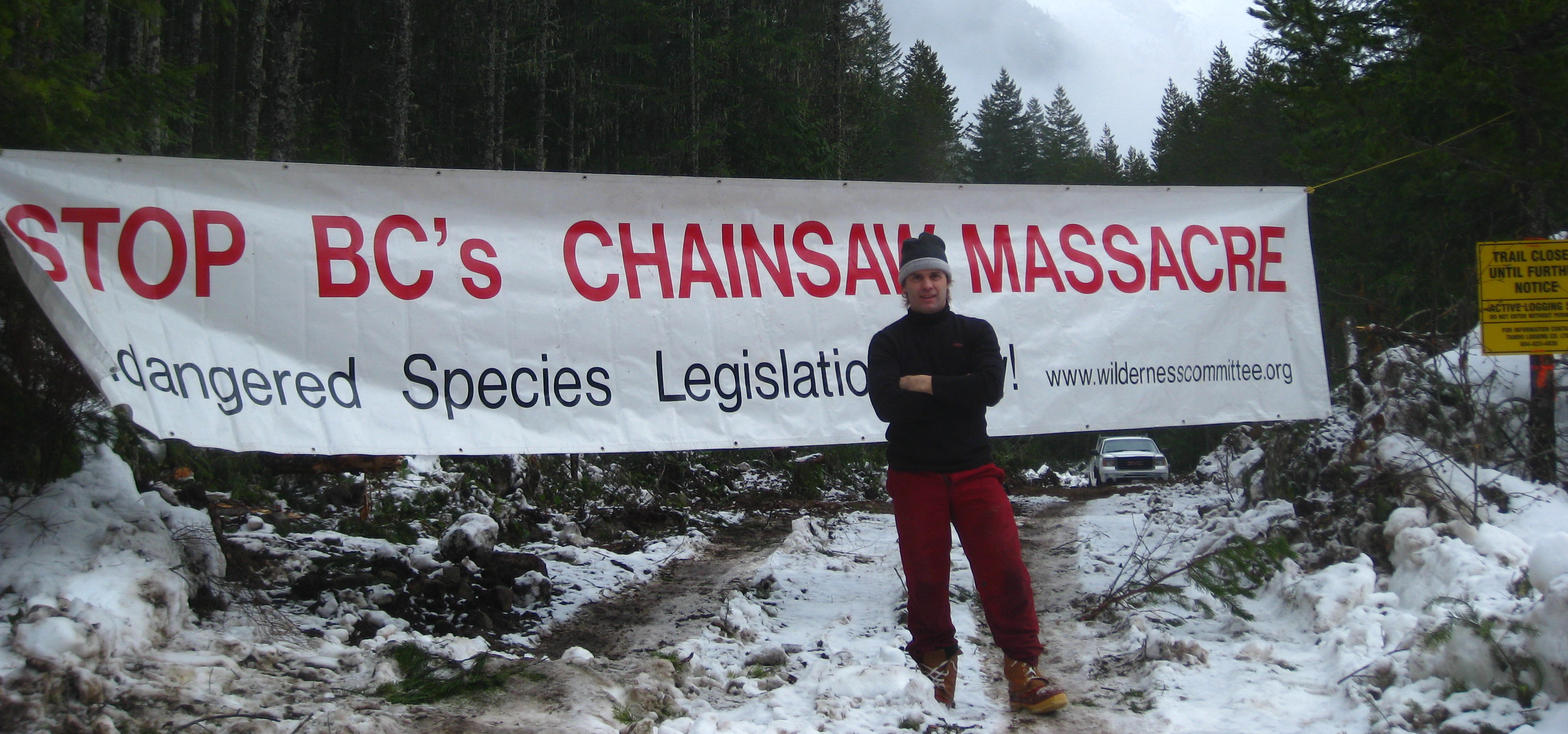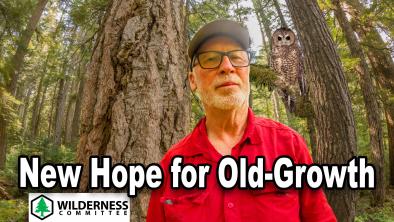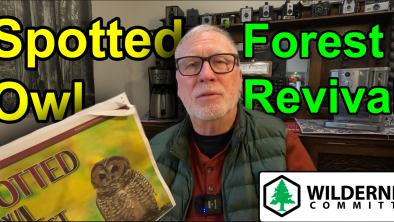Owl habitat logging was legal
Chilliwack Times

Report finds company's communication lacking, enviros say don't cut trees in protected areas
The Forest Practices Board says the company logging in mountain goat and spotted-owl territory in the Chilliwack River Valley has followed the rules, but its communication with residents was lacking. The report was issued this month in response to complaints about Tamihi Logging's work-permitted by the provincial government- within a spotted owl wildlife habitat area (WHA) near Chilliwack Lake.
The complaints, specifically, were that the company continued to log after a rare owl had been spotted and that the company did not honour a promise to log only between May 1 to Oct. 31 to accommodate mountain goats in their winter range.
The WHA near Chilliwack Lake was one of many created by the provincial government in 2006 for the protection of spotted owls.
But in October 2011, the Ministry of Natural Resource Operations cancelled an order that promised logging would not occur within the WHA, and replaced it with one allowing logging.
That included 13 cutblocks given to Tamihi Logging, allowing for as many as 142 hectares to be cut.
Since that time, the Wilderness Committee and residents of the Chilliwack River Valley have protested the decision.
The residents closest to the logging live in Post Creek, a recreational subdivision of 85 cabins adjacent to Chilliwack Lake Provincial Park.
"My main concern is the spotted owl," Post Creek resident Derrick Kramer said in 2011. "But secondly, it's the last thing people see driving to the provincial park. It's just disgusting."
Board chair Al Gorley told the Times this week that not only did Tamihi do the legally required minimum with regards to communicating with residents, they went above and beyond.
With regard to the complaint about the rare spotted owl near the cutblock, the FPB found "that the strategy to monitor the owl and suspend harvesting activity if the owl moved toward the cutblocks was reasonable approach."
As for the company promising not to log in winter and then changing that plan, the FPB found consultation was "not effective."
"It is the Board's view that the licensee changed its plan without adequate explanation, and that for the complainants and other members of the public aware of this complaint, confidence in the licensee's management of B.C.'s forest resources has been diminished."
That's not exactly a scathing criticism, particularly from a body with no enforcement powers. So would the FPB recommend government force companies to do more? Gorley says "no." "Peer pressure and public pressure will be the important route," he said.
Gwen Barlee, policy director with the Wilderness Committee, said studies have been done asking corporations why they comply with environmental standards and the top answer is regulations.
"I do believe that public shaming and media attention play a very important role but at the end of the day, they don't replace strong legislation," she told the Times.
Neither these specific complaints nor the FPB response, however, get to the real concern about what has gone on near Post Creek, according to Barlee.
"In this case I would say even if the company had done as superlative job of communicating with residents, it still wouldn't excuse the fact that you are logging across from a subdivision. .. , that it's affecting the water supply, you are logging in [mountain goat] winter range and logging in spotted owl habitat.
"To me those are the real issues, not the fact that the company needs to tweak their communications a bit."


